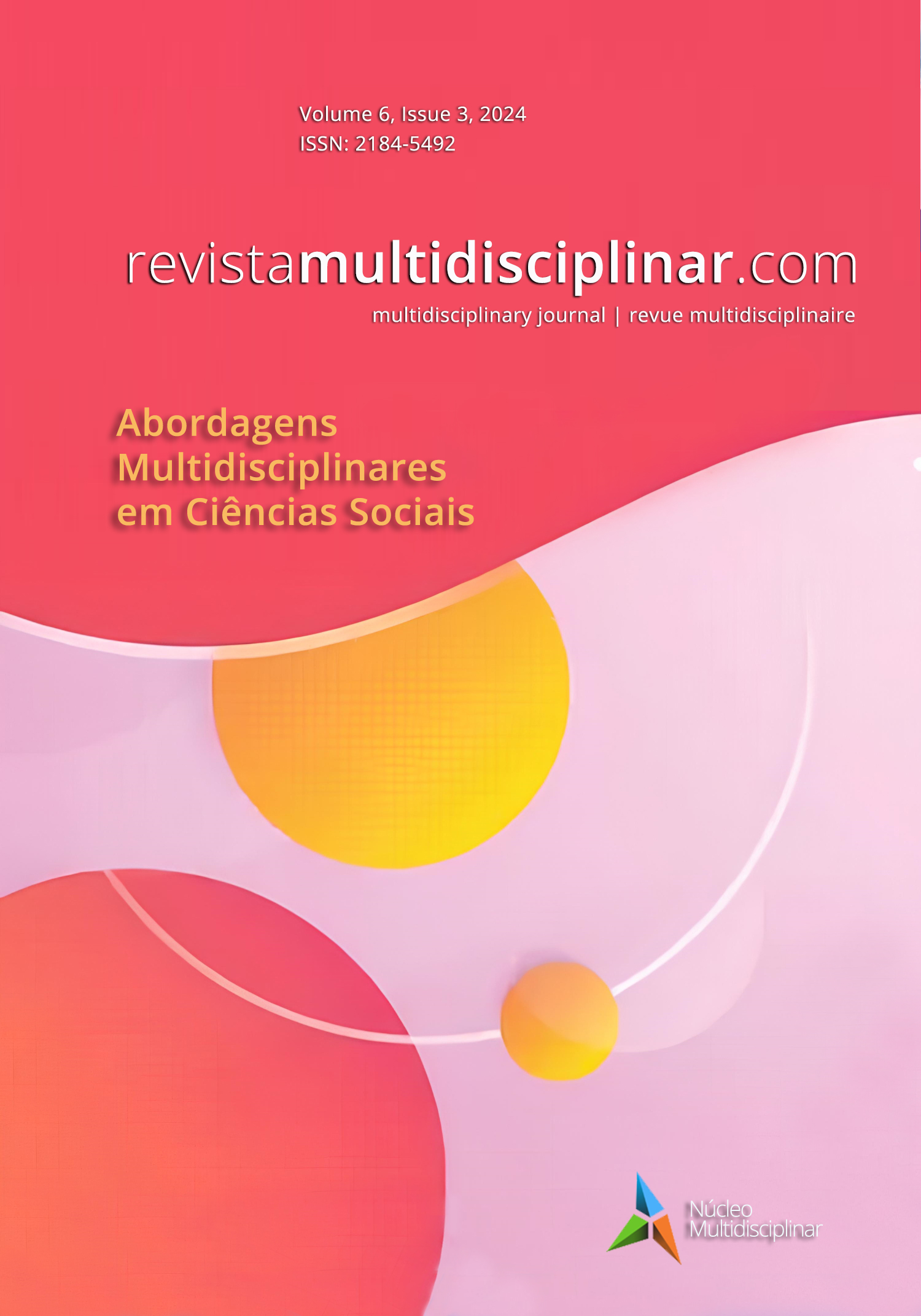Training local elected representatives, training organizations and local authority management
Practices, challenges and prospects
DOI:
https://doi.org/10.23882/rmd.24239Keywords:
Local authorities, Elected representatives, Training organizations, Skills, Stakeholder expectationsAbstract
The training sector for local elected representatives is highly regulated. Only organizations approved by the Ministry of the Interior on the advice of the CNFEL - Conseil National de la Formation des Elus Locaux - can provide training. As of September 27, 2018, there were 200 private or public organizations accredited for training elected representatives, such as universities, grandes écoles, associations and consultancies. For elected representatives, it's a question of understanding how an assembly works, drawing up a budget, public speaking, using social networks, exchanging with associations, getting to grips with new laws ... To do this, elected representatives have at their disposal, among other things, their experience, their savoir-être, their know-how, exchanges on best practices with experienced elected representatives. Every elected official also has the right to training, a right that has been strengthened by legislation in recent years. Today, with the non-accumulation of mandates and the law on parity, we see so-called novice elected representatives taking up office. Strong expectations are being expressed by citizens, the “yellow vest crisis”. In this paper, we propose a reflection on the effectiveness of training organizations and the ability of elected representatives to meet these expectations.
References
Baslé M.-A., (2014), L’acculturation silencieuse à l’évaluation des politiques publiques et programmes dans les collectivités territoriales en France : le développement de capacités internes orientées vers la performance et la nouvelle gouvernance public, Politiques et Management Public, Vol. 31/3, p. 267-282.
Carassus D., Guenoum M., Samali Y., (2017), La recherche d’économies dans les collectivités territoriales : quels dispositifs pour quelles rationalités ? Plus de contrôle ou plus de pilotage ? Gestion et management public, 2, Vol. 5, n°4, p. 9-39
D’Humières P., (2013), La RSE, une valeur pour l’espace public., Vraiment durable, 2, n°4 p. 65-74.
Huron D., (2001), Une typologie de maires entrepreneurs politiques comme aide au conseil dans les mairies, Politiques et management public, vol 19, n°2, p. 63-81
Le Boterf G., (2013), Construire les compétences individuelles et collectives. Editions Eyrolles p 51 à 201.
Navarre M., (2013), Des carrières politiques sous contraintes de genre : le cas des élues de Bourgogne, Thèse de doctorat, octobre, Dijon.
Navarre M., (2014), Les inégalités dans la formation des élus locaux, Céreq Formation emploi, n° 128, octobre-décembre, p 65-79.
Downloads
Published
How to Cite
Issue
Section
License
Copyright (c) 2024 Sabrina Ghallal, Ayoub Katfi, Oumaima El Mnouer, Hamza Katfi

This work is licensed under a Creative Commons Attribution-NonCommercial 4.0 International License.









